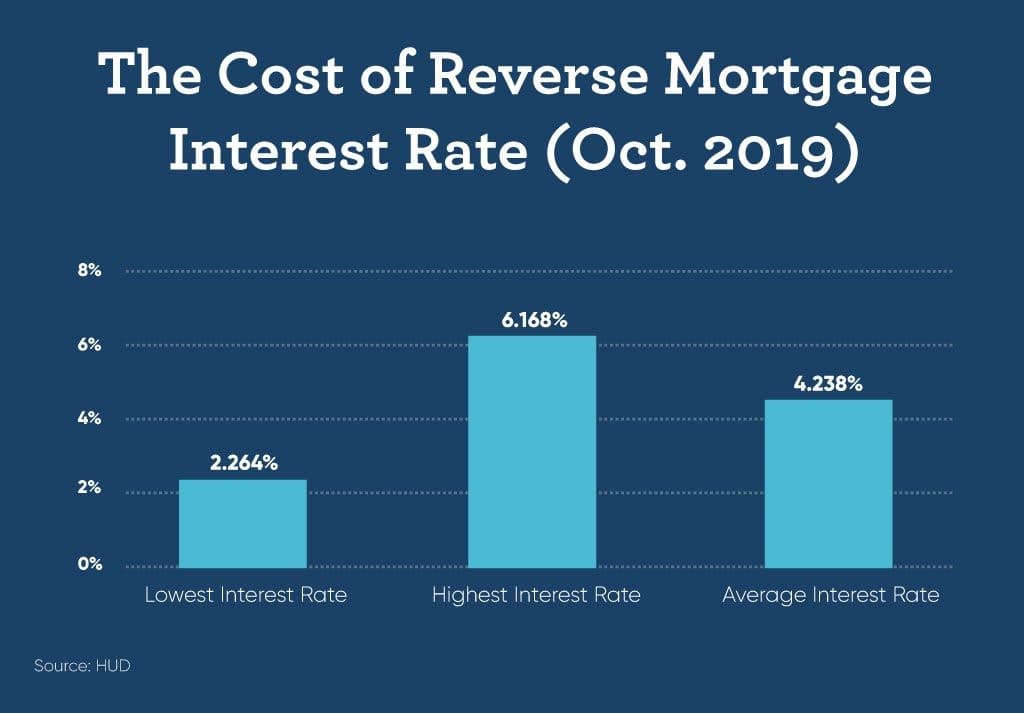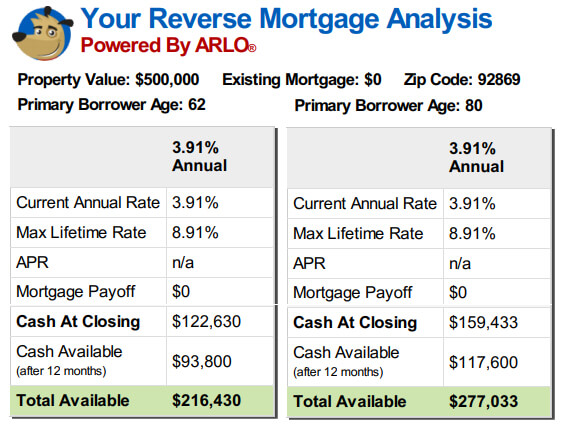The main benefit of this program (and it's a huge one) is that debtors can get 100% financing for the purchase of a house. That indicates no deposit whatsoever. The United States Department of Farming (USDA) offers a loan program for rural debtors who meet particular earnings requirements. The program is handled by the Rural Real Estate Service (RHS), which is part of the Department of Agriculture.
The AMI differs by county. See the link below for information. Integrating: It is necessary to keep in mind that customers can integrate the kinds of mortgage types discussed above. For instance, you might choose an FHA loan with a set rate of interest, or a traditional home mortgage with an adjustable rate (ARM).
Depending on the amount you are attempting to borrow, you may fall into either the jumbo or adhering category. Here's the distinction between these 2 mortgage types. A conforming loan is one that satisfies the underwriting guidelines of Fannie Mae or Freddie Mac, especially where size is worried. Fannie and Freddie are the two government-controlled corporations that purchase and sell mortgage-backed securities (MBS). House owners looking for a house equity loan who would also gain from re-financing their present mortgage. Property owners seeking a home equity loan who would acquire little or no savings from refinancing their present home mortgage. Undersea borrowers or those with less than 20 percent house equity; those looking for to refinance at a lower rates of interest; customers with an ARM or upcoming balloon payment who want to convert to a fixed-rate loan.
Newbie homebuyers, buyers who can not put up Click for more a big down payment, debtors purchasing a low- to mid-priced home, buyers looking for to buy and improve a home with a single home mortgage (203k program). Customers acquiring a high-end home; those able to put up a deposit of 10 percent or more.
Non-veterans; veterans and active task members who have actually tired their fundamental privilege or who are seeking to purchase investment property. First-time buyers with young families; those currently residing in congested or outdated real estate; citizens of rural locations or small communities; those with minimal earnings Urban occupants, homes with above-median incomes; single individuals or couples without children.
One of the first concerns you are bound to ask yourself when you want to buy a house is, "which home mortgage is right for me?" Generally, purchase and refinance loans are divided into fixed-rate or variable-rate mortgages - what is the maximum debt-to-income ratio permitted for conventional qualified mortgages. When you choose fixed or adjustable, you will also need to consider the loan term.
What Does How Much Does A Having A Cosigner Help On Mortgages Mean?
Long-term fixed-rate home loans are the staple of the American mortgage market. With a fixed rate and a repaired monthly payment, these loans provide the most steady and foreseeable expense of homeownership. This makes fixed-rate home loans really popular for property buyers (and refinancers), especially at times when interest rates are low. The most typical term for a fixed-rate mortgage is 30 years, however shorter-terms of 20, 15 and even ten years are likewise offered.
Given that a greater month-to-month payment restricts the quantity of home loan a provided earnings can support, a lot of property buyers choose to spread their monthly payments out over a 30-year term. Some home loan loan providers will enable you to personalize your mortgage term to be whatever length you desire it to be by adjusting the regular monthly payments.
Since regular monthly wesley financial group, llc payments can both increase and fall, ARMs bring threats that fixed-rate loans do not. ARMs work for some debtors-- even very first time customers-- but do need some additional understanding and diligence on the part of the customer (what act loaned money to refinance mortgages). There are knowable risks, and some can be handled with a little planning.
Traditional ARMs trade long-lasting stability for regular changes in your rates of interest and month-to-month payment. This can work to your advantage or downside. Traditional ARMs have rate of interest that change every year, every three years or every 5 years. You might hear these referred to as "1/1," "3/3" or " 5/5" ARMs.
For example, preliminary rate of interest in a 5/5 ARM is fixed for the very first five years (what lenders give mortgages after bankruptcy). After that, the interest rate resets to a brand-new rate every 5 years up until the loan reaches the end of its 30-year term. Standard ARMs are generally used at a lower initial rate than fixed-rate home mortgages, and normally have payment terms of 30 years.
Of course, the reverse holds true, and you might wind up with a higher rate, making your home loan less inexpensive in the future. Keep in mind: Not all lending institutions use these products. Traditional ARMs are more favorable to homebuyers when interest rates are fairly high, since they offer the possibility at lower rates in the future.

The smart Trick of What Are All The Different Types Of Mortgages Virginia That Nobody is Talking About
Like conventional ARMs, these are generally readily available at lower rates than fixed-rate home loans and have total payment terms of 30 years. Because they have a variety of fixed-rate durations, Hybrid ARMs provide debtors a lower preliminary rates of interest and a fixed-rate home mortgage that fits their anticipated timespan. That stated, these items bring dangers since a low set rate (for a few years) might come to an end in the middle of a higher-rate climate, and regular monthly payments can leap.
Although often talked about as though it is one, FHA isn't a home loan. It represents the Federal Real Estate Administration, a government entity which essentially runs an insurance pool supported by charges that FHA home loan debtors pay. This insurance coverage swimming pool essentially gets rid of the risk of loss to a lending institution, so FHA-backed loans can be used to riskier borrowers, particularly those with lower credit ratings and smaller sized deposits.
Popular amongst newbie homebuyers, the 30-year fixed-rate FHA-backed loan is available at rates even lower than more standard http://louisyxjc597.timeforchangecounselling.com/how-many-home-mortgages-has-the-fha-made-things-to-know-before-you-buy "conforming" mortgages, even in cases where debtors have weak credit. While down payment requirements of as little as 3.5 percent make them particularly attractive, debtors must pay an upfront and yearly premium to fund the insurance pool noted above.
To read more about FHA home loans, read "Advantages of FHA mortgages." VA mortgage are mortgages guaranteed by the U.S. Department of Veterans Affairs (VA). These loans, problems by private lending institutions, are provided to qualified servicemembers and their households at lower rates and at more beneficial terms. To identify if you are eligible and for more information about these mortgages, visit our VA mortgage page.
Fannie Mae and Freddie Mac have limits on the size of home loans they can purchase from lenders; in many locations this cap is $510,400 (up to $765,600 in certain "high-cost" markets). Jumbo home mortgages can be found in fixed and adjustable (traditional and hybrid) varieties. Under policies enforced by Dodd-Frank legislation, a definition for a so-called Qualified Home loan was set.

QMs also enable for borrower debt-to-income level of 43% or less, and can be backed by Fannie Mae and Freddie Mac. Presently, Fannie Mae and Freddie Mac are using unique "short-lived" exemptions from QM guidelines to buy or back home mortgages with DTI ratios as high as 50% in some circumstances.
